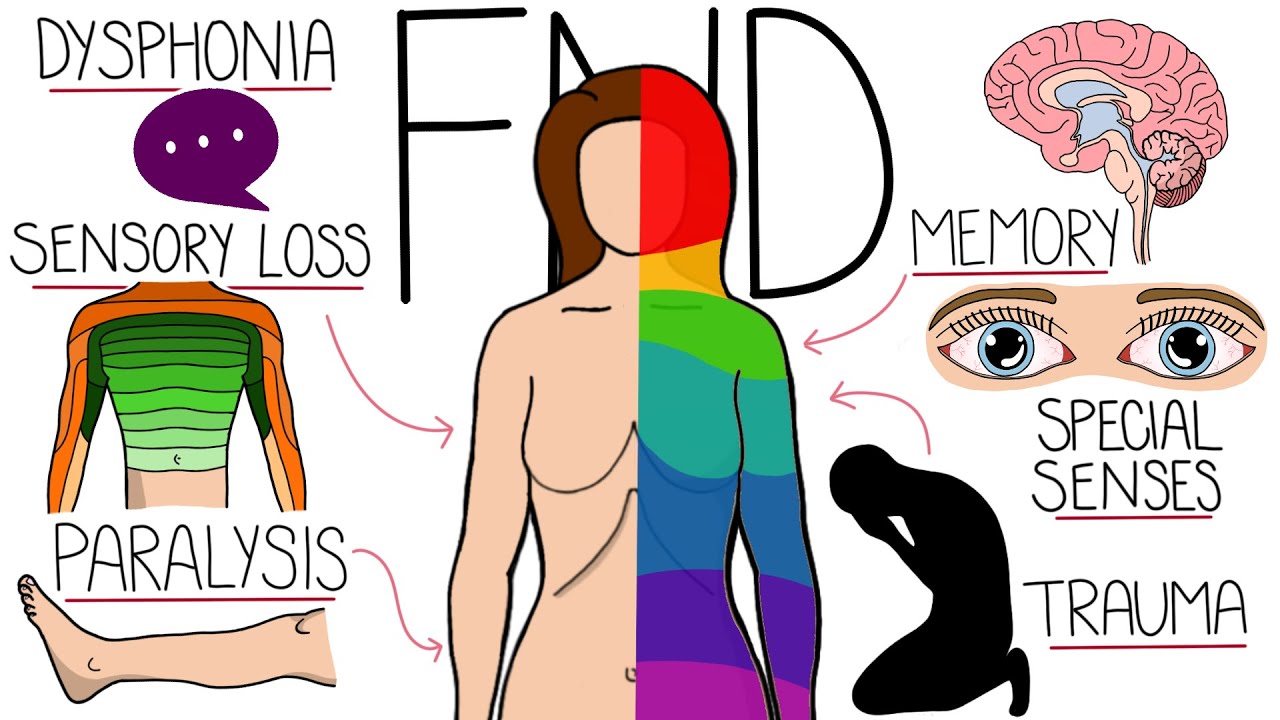NEW YORK (Reuters Health) – For patients with a limited number of brain metastases, treatment with stereotactic radiosurgery alone is as good as whole-brain radiotherapy plus stereotactic radiosurgery in terms of overall survival – with less risk of neurocognitive side effects.
That’s the conclusion of a meta-analysis performed by a Canadian team, reported in Cancer online September 1.
Dr. Arjun Sahgal, with Sunnybrook Health Sciences Centre in Toronto, Ontario, and colleagues explain that whole-brain radiotherapy (WBRT) used to be the standard for treating brain metastases. When stereotactic radiosurgery (SRS) was developed it was first tested as a “boost” to WBRT in this setting, and then SRT alone was tested versus WBRT plus SRS boost.
To compare these strategies in patients with up to four brain metastases, the team identified five relevant RCTs – two comparing WBRT alone versus WBRT and SRS boost, and three reporting on SRS alone versus WBRT and SRS boost.
Local tumor control significantly favored the combination of WBRT plus SRS, compared to WBRT alone (hazard ratio 2.88) or SRS alone (hazard ratio 2.61), the investigators found. The addition of WBRT to SRS also improved distant brain control with an HR of 2.15.
However, despite this, overall survival was not significantly different for any of the treatment strategies, according to the report.
On the other hand, one study showed that a decline learning and memory function was more likely with WBRT and SRS boost than with SRS alone. Another showed that radiographic leukoencephalopathy occurred in 11% of patients treated with WBRT and SRS compared with 3% of those receiving SRS alone, Dr. Sahgal and colleagues note.
Based on their analysis, they conclude, “SRS alone should be considered a routine treatment option due to favorable neurocognitive outcomes, less risk of late side effects, and does not adversely affect the patients performance status.”
Reference:
A meta-analysis evaluating stereotactic radiosurgery, whole-brain radiotherapy, or both for patients presenting with a limited number of brain metastases
Cancer 2011.







